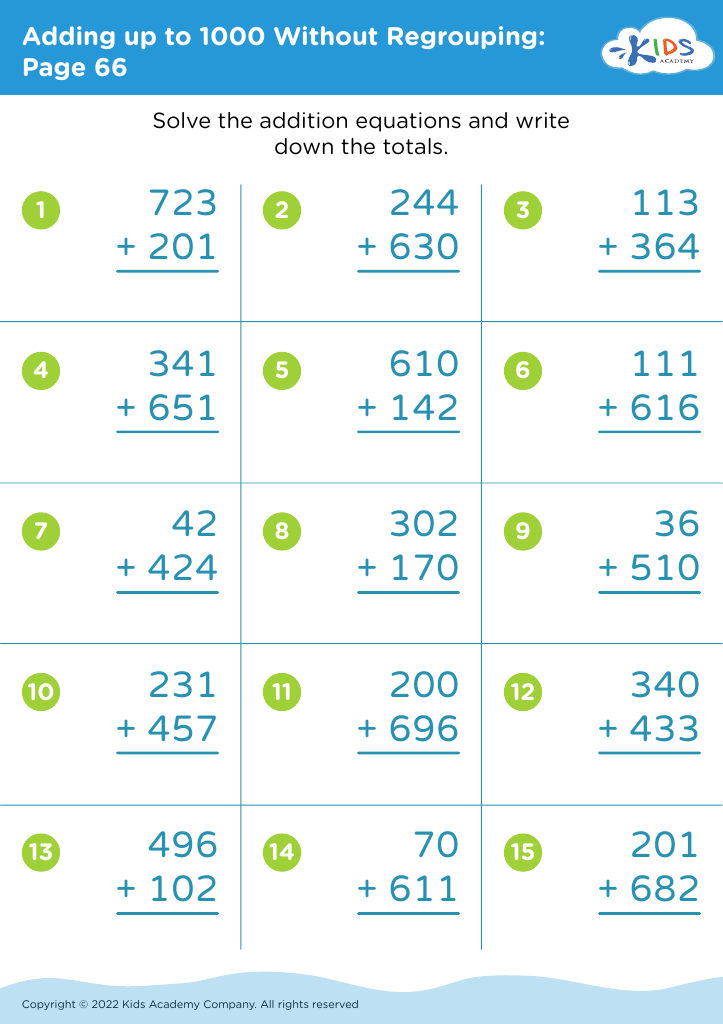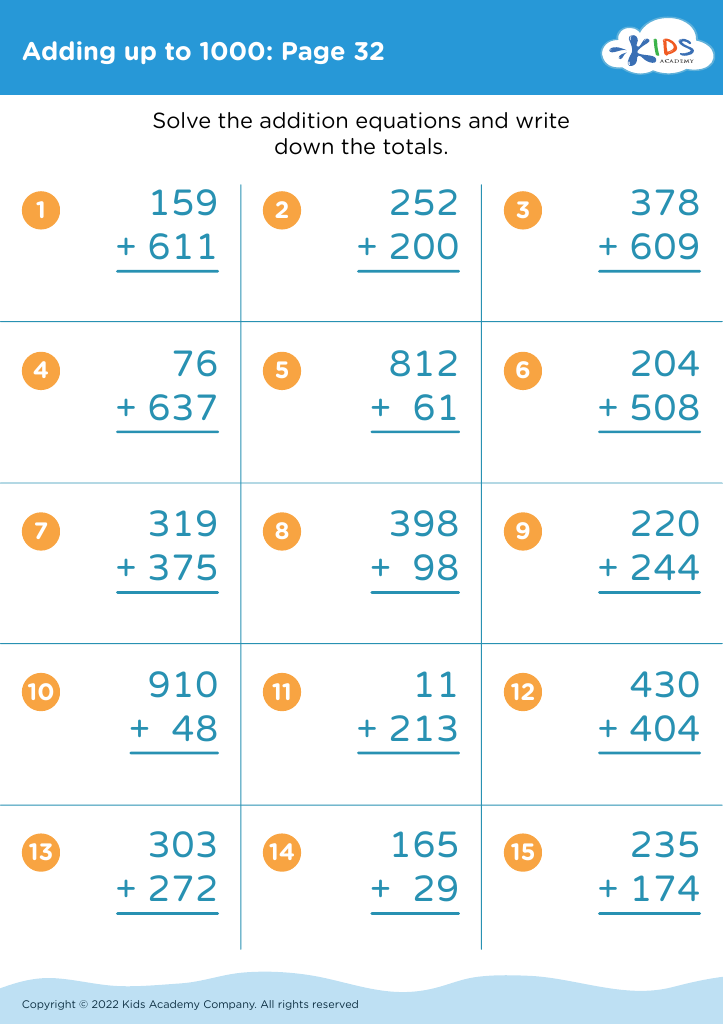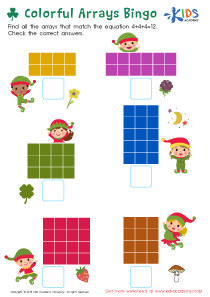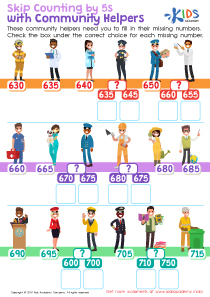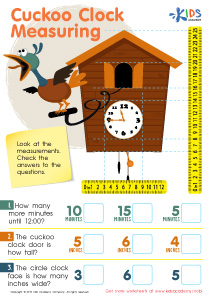Recognize shapes Grade 2 Math Worksheets
8 filtered results
-
From - To
Discover our engaging Grade 2 Math Worksheets focused on recognizing shapes! Designed to enhance geometric understanding, these worksheets offer a variety of activities that help students identify, compare, and categorize shapes in fun, interactive ways. From basic shapes to more complex figures, children will develop essential skills while enjoying colorful visuals and creative exercises. Perfect for classroom use or at-home learning, our worksheets cater to diverse learning styles and promote critical thinking. Download and print to give your second graders the practice they need to master shape recognition, building a strong foundation for future math success! Explore today!
Recognizing shapes in Grade 2 math is crucial for early childhood development, and both parents and teachers should prioritize this skill for several reasons. First, understanding shapes lays the foundation for more complex mathematical concepts. It helps students discern patterns, enhance spatial awareness, and develop problem-solving skills, all of which are essential for success in math and science later on.
Additionally, shape recognition fosters creativity and critical thinking. Children learn to identify and create patterns, understand symmetry, and relate shapes to real-world objects, which is fundamental for designing and building initiatives in the future. This skill also enhances language development; as children learn shape names and properties, they expand their vocabulary and improve their ability to describe the world around them.
Furthermore, incorporating shape recognition into everyday activities can create a richer learning experience. Parents can engage their children in games, sports, and art projects that emphasize shapes, reinforcing learning through fun and interactive methods. In summary, caring about shape recognition allows parents and teachers to support holistic development—cognitive, linguistic, and creative—in students, preparing them for a lifetime of learning and problem-solving.

